China’s Global Threat to Human Rights

“China’s government sees human rights as an existential threat. Its reaction could pose an existential threat to the rights of people worldwide.” Human Rights Watch
At home, the Chinese Communist Party, worried that permitting political freedom would jeopardize its grasp on power, has constructed an Orwellian high-tech surveillance state and a sophisticated internet censorship system to monitor and suppress public criticism. Abroad, it uses its growing economic clout to silence critics and to carry out the most intense attack on the global system for enforcing human rights since that system began to emerge in the mid-20th century.
Beijing was long focused on building a “Great Firewall” to prevent the people of China from being exposed to any criticism of the government from abroad. Now the government is increasingly attacking the critics themselves, whether they represent a foreign government, are part of an overseas company or university, or join real or virtual avenues of public protest.
No other government is simultaneously detaining a million members of an ethnic minority for forced indoctrination and attacking anyone who dares to challenge its repression. And while other governments commit serious human rights violations, no other government flexes its political muscles with such vigor and determination to undermine the international human rights standards and institutions that could hold it to account.
If not challenged, Beijing’s actions portend a dystopian future in which no one is beyond the reach of Chinese censors, and an international human rights system so weakened that it no longer serves as a check on government repression.”
Occupied Tibet: One of the least free places in the world
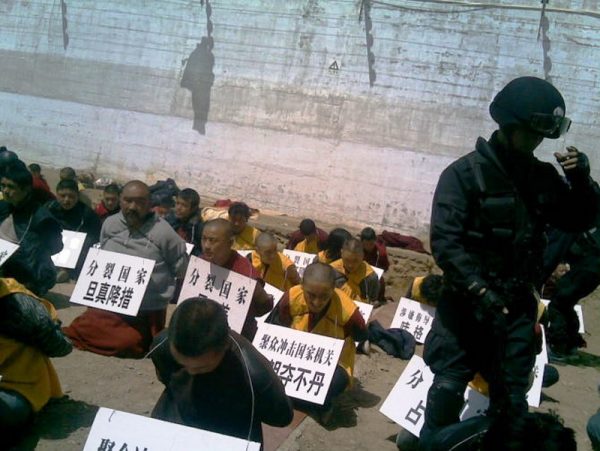
China invaded Tibet in 1950. Since this time Tibetans have been persecuted simply for preserving their cultural identity and most basic rights. They can be jailed and tortured just for celebrating the Dalai Lama’s birthday. And they face immense restrictions on their abilities to practice their religion, travel and speak freely.
Today, countless number of Tibetan political prisoners linger behind bars – many subjected to torture and denied access to their lawyers – for nothing more than peacefully exercising their human rights.
China oversees a near total media blackout to prevent information on the situation in Tibet getting out. Furthermore Chinese authorities implement a highly intrusive surveillance system which monitors and tracks cell phone data to limit communication and restricts freedom of movement through the use of checkpoints which prevent Tibetans from travelling in and out of Tibet and telling their story to the outside world.
East Turkestan: Millions of Uyghurs detained in mass internment camps
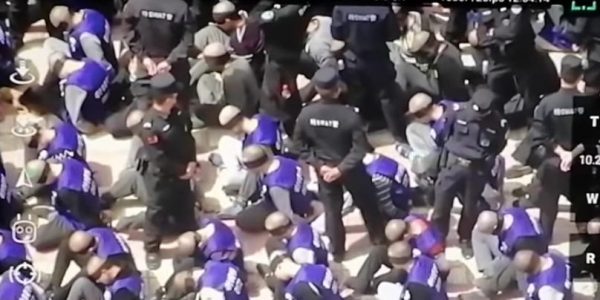
China’s ruthless crackdown has systematically targeted Uyghur and other Muslims living in East Turkestan (Ch: Xinjiang). In East Turkestan, the Chinese government has arbitrarily detained between 1.8 and 3 million Muslims in a network of internment camps, under the pretext of “fighting terrorism”. Those arrested and subjected to “re-education” are chosen on the basis of normal religious behaviours.
Evidence of the Chinese government’s extensive programme of forced sterilisation of the Uyghur population has further highlighted the extent to which Beijing is seeking to eradicate not just the Uyghur identity, but the Uyghur population. While United Nations experts have called for immediate and unfettered access to East Turkestan, the Chinese government has continued to deny access to human rights monitors.
Loss of fundamental freedoms in Hong Kong
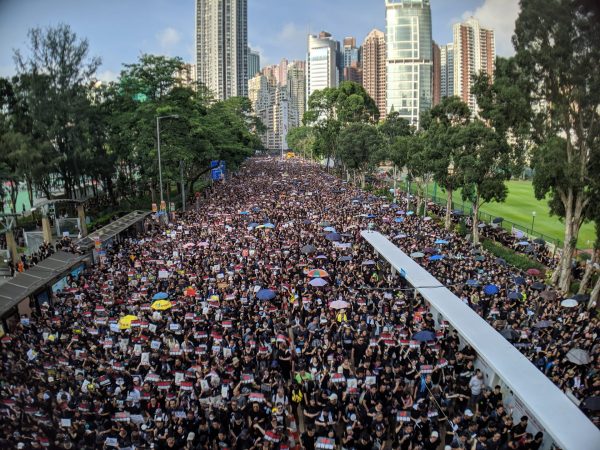
The Chinese government has rapidly extended its grip over Hong Kong, in an effort to crackdown on pro-democracy activists and stifle calls for greater human rights and freedoms in the City. In June 2020, the authorities passed a new National Security Law for Hong Kong banning acts of “splittism, subversion, foreign intervention, and terrorism”; vague terms that China frequently uses to crackdown on peaceful dissent in Tibet, East Turkestan, Southern Mongolia and mainland China. Under the law, Hongkongers convicted of “national security crimes” could risk life imprisonment. The law has already been used to target pro-democracy activists, students and others. It has also forced many to flee Hong Kong, including Nathan Law, one of Hong Kong’s most prominent young democracy activists. Governments around the world have condemned the law as a violation of binding international legal obligations under the 1984 Sino-British Joint Declaration and a grave assault on the rights of Human Kongers.
In a further effort to criminalise dissent, the authorities also passed the National Anthem Law in the same month, which makes it illegal to “insult” or “misuse” the Chinese national anthem. Those accused of doing so risk up to three years’ imprisonment and a fine of up to HK$50,000 (US$6,400).
Taiwan: Intimidation and geopolitical bullying
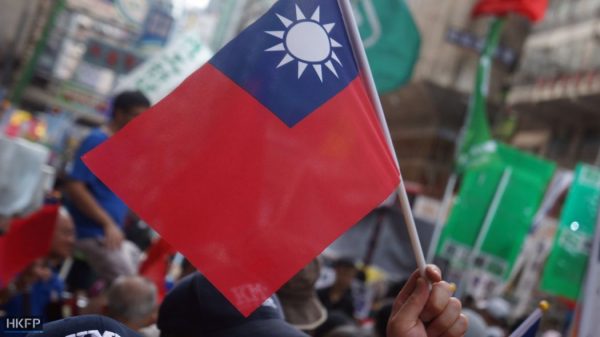
Taiwan is a democratic country located in East Asia. The Chinese Communist Party likes to claim that Taiwan is a “renegade province.” In reality, Taiwan has never been under the rule of the Chinese Communist Party.
Taiwan is a responsible global partner, with strong human rights, peaceful and prosperous. Taiwan would like to contribute to the international community, but continues to be isolated due to China’s geopolitical bullying.
Taiwan’s exclusion from international bodies stands in stark contrast to its lively democratic system, energetic civil society, and leadership across a variety of human rights issues. Although it has long fulfilled the criteria for a nation-state as defined in the Montevideo Convention, Taiwan has been barred from entry to the UN as a result of political aggression and scaremongering from the People’s Republic of China.
Erasure of Southern Mongolian culture and language
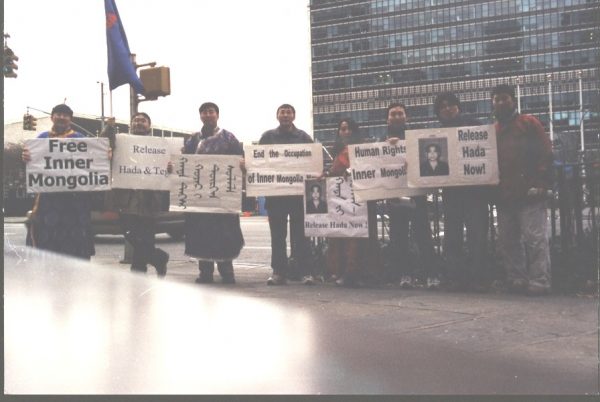
Since the Chinese Communist Party started to govern Southern Mongolia and its territory after the WWII, Mongolians have been subject to ethnic massacre and a crackdown against Mongolian culture. Since 2014, Southern Mongolia’s human rights situation has further worsened and numerous human rights infringements remained unchanged. Chinese laws have not protected Mongolians’ human rights but expanded the scope of human rights infringements on the contrary. Chinese so-called policies of reform and openness have achieved nothing for Southern Mongolians. The government keeps falsely arresting local farmers and herdsmen who peacefully lobby for the return of their farmland and pasture land embezzled by companies.
More recently, the Chinese authorities have applied to Southern Mongolia similar policies to those being used in Tibet to eradicate the use of Tibetan language education. In an effort to eradicate the South Mongolian language and culture, in August 2020, the Chinese authorities informed teachers that all elementary and middle schools in Southern Mongolia had to use Mandarin Chinese as the language of instruction for three subjects starting this new school year.